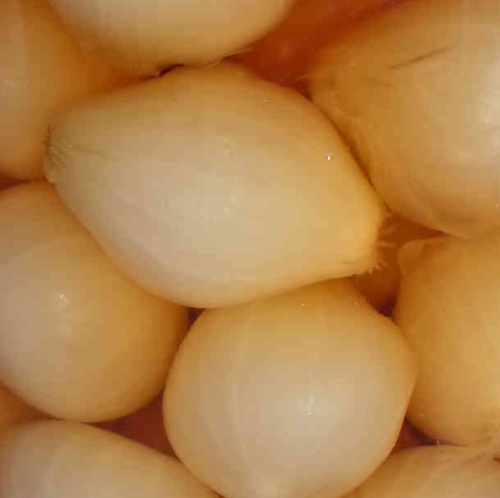Following a somewhat turbulent start to the month for retailing giants Premier Foods, they have announced the sale of their Sarson’s Vinegar and Haywards Pickles brands to Mizkan, a Japanese firm. The brands have been firm favourites in British commercial property supermarkets for many years, and the international sale will no doubt deal another blow to the struggling British food production industry.

The deal is reported to have cost Mizkan a sum of around £41 million, and the staff that are involved in the production of Sarson’s and Haywards will be transferred to the Japanese company’s commercial property company when the deal is finalised at the end of July.
Currently, Sarson’s and Haywards’ staff are located at Premier Foods’ factory in Middleton, near Manchester – but will be expected to relocate to Staffordshire, as Mizkan runs its operations centre in Burntwood. Mizkan are known for producing a high percentage of all rice wine that is sold in UK supermarkets and retail commercial properties.
Speaking of the deal, Premier Foods’ Chief Executive Michael Clarke said; “I’m delighted that we have found a buyer such as Mizkan.
“Our vinegars and sour pickles business and employees will greatly benefit from being part of a global player focused on vinegar and liquid condiments.”
Meanwhile, Mizkan’s CEO, Kazuhide Matazaemon Nakano VIII, seems equally delighted about the deal and looks forward to welcoming his newly acquired staff to the Burntwood commercial property.
He said; “We are excited to acquire two strong and iconic brands that have such a deep heritage in the UK.
“Sarson’s and Haywards are beloved by consumers and we look forward to investing in the brands and adding to their legacy.
“They fit well with our global portfolio, are an excellent strategic fit and provide a solid foundation for growth in the UK.”
Premier Foods have recently been struggling to cope with a debt of almost £1 billion, and as such have been forced to sell off brands, make staff redundant and close commercial properties in an attempt to stop haemorrhaging money.
Investors into the company have shown concern at the falling stock price, as shares have more than halved since the end of March this year. Although they have fluctuated greatly, many days up to as much as 6 per cent, traders in commercial properties that deal in the London Stock Exchange believe that the debt the company has incurred will prevent high confidence in Premier Foods’ shares.
Paul Kavanagh, partner at Killik & Co., says; “The business still has a tremendous amount of debt so the equity value as a proportion of the enterprise value is about 20 per cent or so, so it makes the equity highly volatile.”
And analyst for Exane BNP Paribas, Jeff Stent, added; “The fall is much warranted and the stock will fall further. It is overvalued.
“No one is aware of any other specific issues with the company.”
It seems, then, that many British companies are struggling in the economy, with Premier Foods being no exception. As the business concentrates on maintaining the commercial properties and quality associated with its central portfolio of Mr Kipling, Batchelors and Hovis, the question must be asked: how many more iconic British brands will be sold to overseas investors?
Do you think bringing in foreign investment will be a boost to British commercial property manufacturing and the economy in general? Or do you think that companies such as Premier Foods should be receiving help to keep the brands within the umbrella of the British economy?